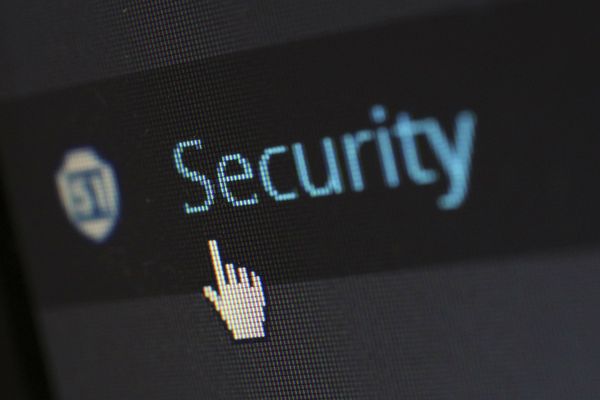CyberQuestions: #5 – How can I protect my parents and grandparents from being hacked?

Are your parents naturally curious? When online, do they click on things they shouldn’t and sometimes fail to sue their best judgment? You can’t ignore this. It is time for you to teach them a few basic concepts in cybersecurity.
Your parents are wonderful and know a lot of things, but they were born and lived their childhood and adolescence BI (before the Internet). They read paper newspapers and magazines and books in hardback. They passed paper notes with jokes in class and sent real letters to penpals.
They used rotary dial telephones to talk with friends and listened to music records (yep, like the ones from Minecraft that can be played on the Jukebox from your house).
So, you must be understanding.
The Internet, the smart gadgets and all the apps and games changed forever the world they knew. Together with the power to adapt and use technology, they also gained the capacity to quickly learn new things. Since you are intuitive and smart, think about organizing a ”cybersecurity workshop” for them to talk about how they can be safe online.
Here is how you can do it:
Set up a date and a place and send an invitation. You could do it with Google Calendar, but better try a hand-drawn invitation slipped in their pockets. It will make them feel comfortable and nostalgic.
Make a presentation with the basic online security rules.
How to choose passwords wisely. Strong and varied passwords across all their accounts are essential. Make sure they don’t use your name just because they love you so much and like to type it several times a day.
Install an antivirus programs on all devices. Thousands of new viruses are detected each year.
Don’t click on links and don’t download anything that looks suspicious or comes from a site or person you don’t trust.
Don’t share your personal information online or with strangers. Just laugh when someone writes to you that you won 1 million dollars.
Be careful what you post. Photos with you naked from your childhood may be ok in a family printed photo album, but not on Facebook.
Wait a few days or maybe a week, then test them. When they expect it least, ask them key questions like: ”How many threats has your antivirus program detected lately?”, ”What’s the last link you clicked on?”, ”Can you give me your password on your Facebook profile?” and so on.
You will know immediately whether they followed the suggestions from your workshop. Observe their reactions. If they didin’t, they will try to dodge it, just like you do when you are caught doing something you are not supposed to do.
Your parents are not that odd after all…
tags
Author
Cristina is a freelance writer and a mother of two living in Denmark. Her 15 years experience in communication includes developing content for tv, online, mobile apps, and a chatbot.
View all postsRight now Top posts
How to Protect Your WhatsApp from Hackers and Scammers – 8 Key Settings and Best Practices
April 03, 2025
Outpacing Cyberthreats: Bitdefender Together with Scuderia Ferrari HP in 2025
March 12, 2025
Streamjacking Scams On YouTube Leverage CS2 Pro Player Championships to Defraud Gamers
February 20, 2025
How to Identify and Protect Yourself from Gaming Laptop Scams
February 11, 2025
FOLLOW US ON SOCIAL MEDIA
You might also like
Bookmarks







